Crypto Secrets That Turned 4 Figures Into 6 Figures In Less Than 12 Months Devin Milsom
Visit to download the full and correct content document: https://textbookfull.com/product/21-crypto-secrets-that-turned-4-figures-into-6-figures-i n-less-than-12-months-devin-milsom/
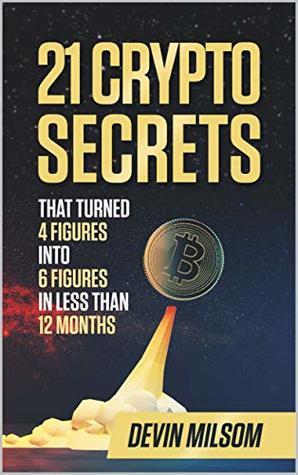
More products digital (pdf, epub, mobi) instant download maybe you interests ...
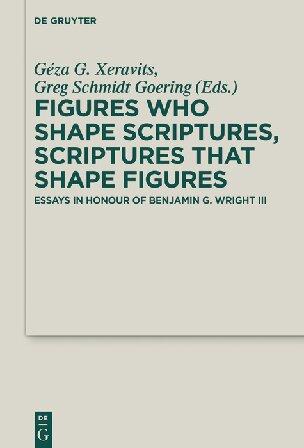
Figures Who Shape Scriptures Scriptures That Shape
Figures Essays in Honour of Benjamin G Wright III 3rd Edition Géza G. Xeravits
https://textbookfull.com/product/figures-who-shape-scripturesscriptures-that-shape-figures-essays-in-honour-of-benjamin-gwright-iii-3rd-edition-geza-g-xeravits/

Somaliland in Figures 13th Edition Coll.
https://textbookfull.com/product/somaliland-in-figures-13thedition-coll/
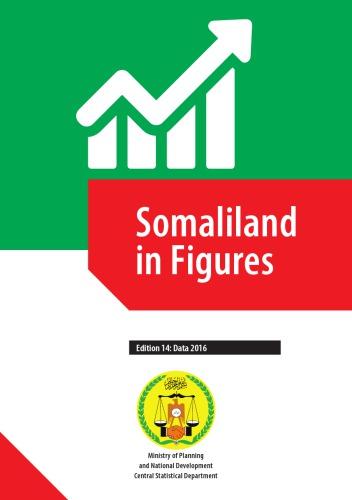
Somaliland in Figures 14th Edition Coll.
https://textbookfull.com/product/somaliland-in-figures-14thedition-coll/

Pocket World in Figures 2019 Edition The Economist
https://textbookfull.com/product/pocket-world-infigures-2019-edition-the-economist/

Seriously Curious The Facts and Figures That Turn Our World Upside Down Tom Standage
https://textbookfull.com/product/seriously-curious-the-facts-andfigures-that-turn-our-world-upside-down-tom-standage/
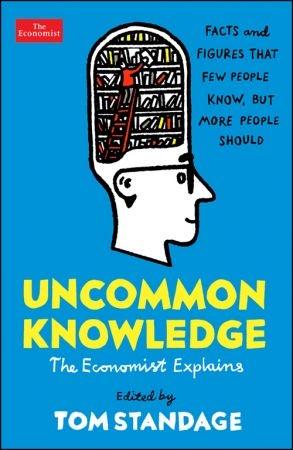
Uncommon Knowledge Facts and Figures That Few People Know But More People Should Tom Standage
https://textbookfull.com/product/uncommon-knowledge-facts-andfigures-that-few-people-know-but-more-people-should-tom-standage/
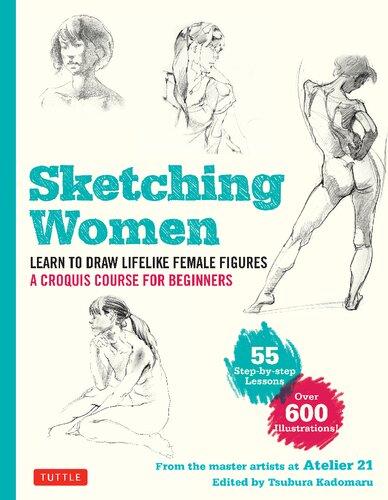
Sketching Women: Learn to Draw Lifelike Female Figures, A Complete Course for Beginners 1st Edition Studio Atelier 21 (Author)
https://textbookfull.com/product/sketching-women-learn-to-drawlifelike-female-figures-a-complete-course-for-beginners-1stedition-studio-atelier-21-author/
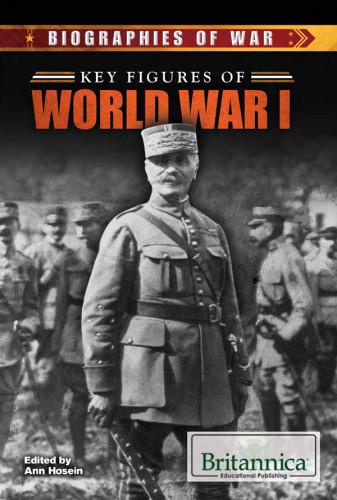
Key Figures of World War I First Edition Hosein
https://textbookfull.com/product/key-figures-of-world-war-ifirst-edition-hosein/

Key Figures on Europe. Statistics Illustrated: 2020 Edition Eurostat
https://textbookfull.com/product/key-figures-on-europestatistics-illustrated-2020-edition-eurostat/




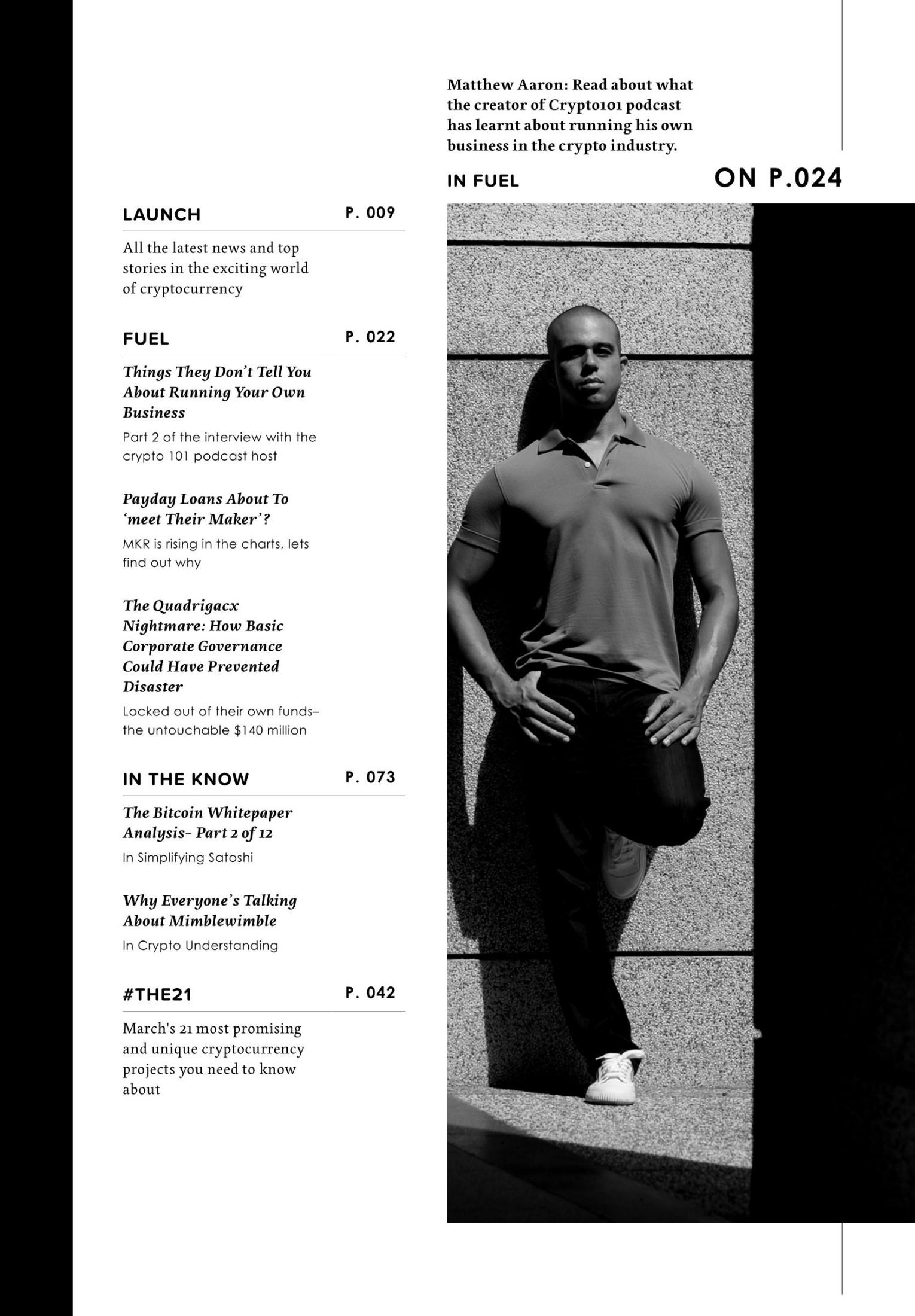

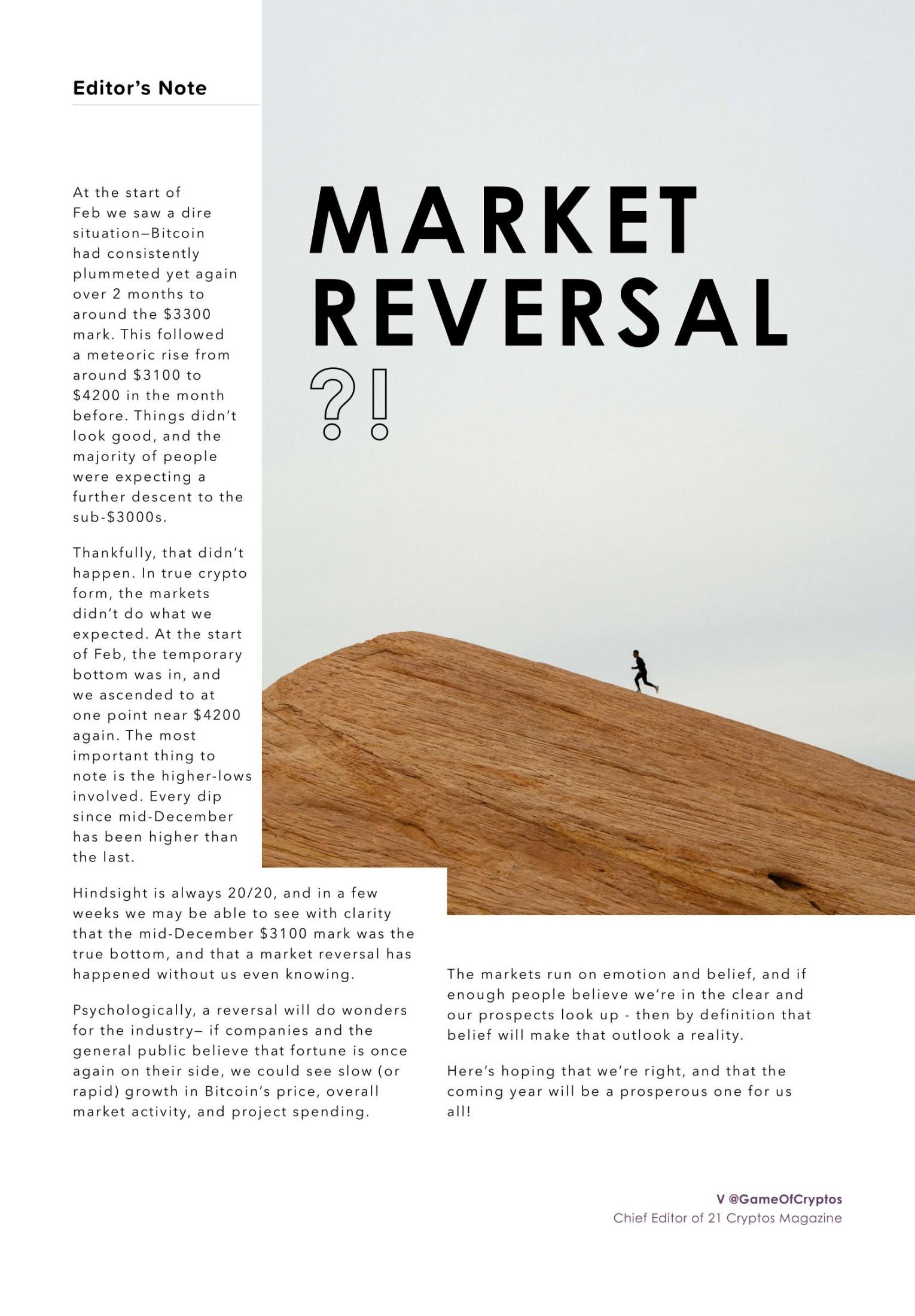


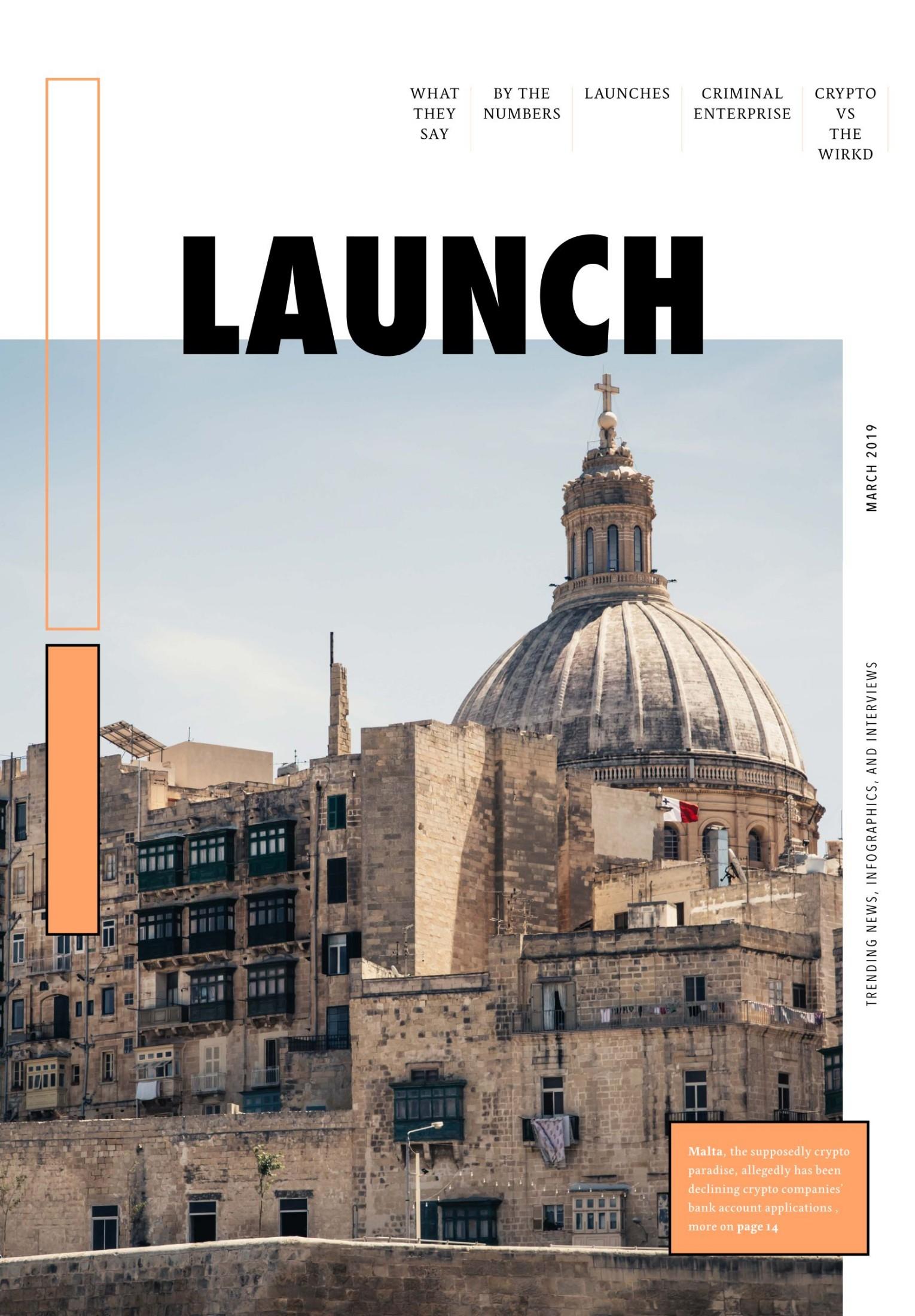
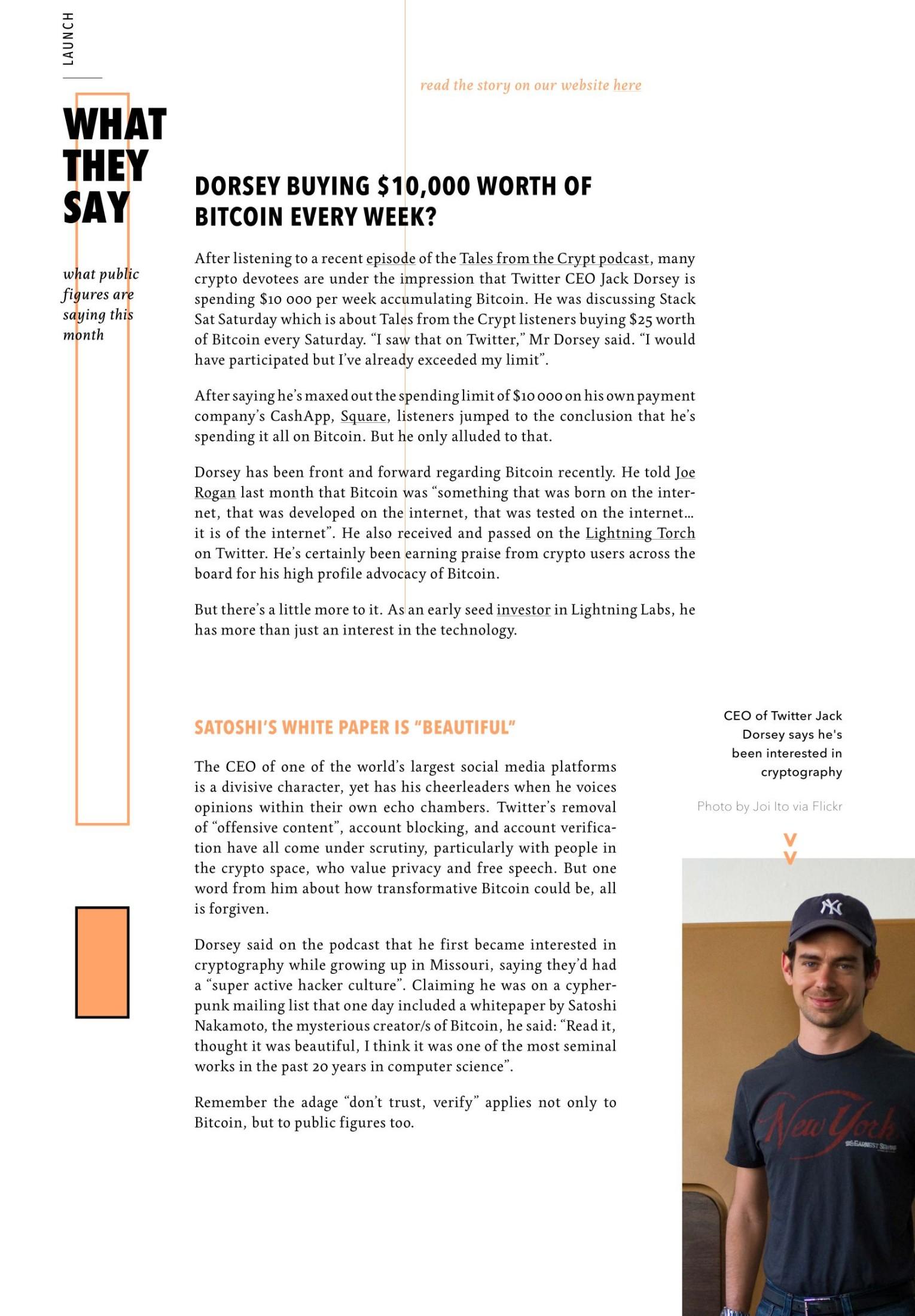
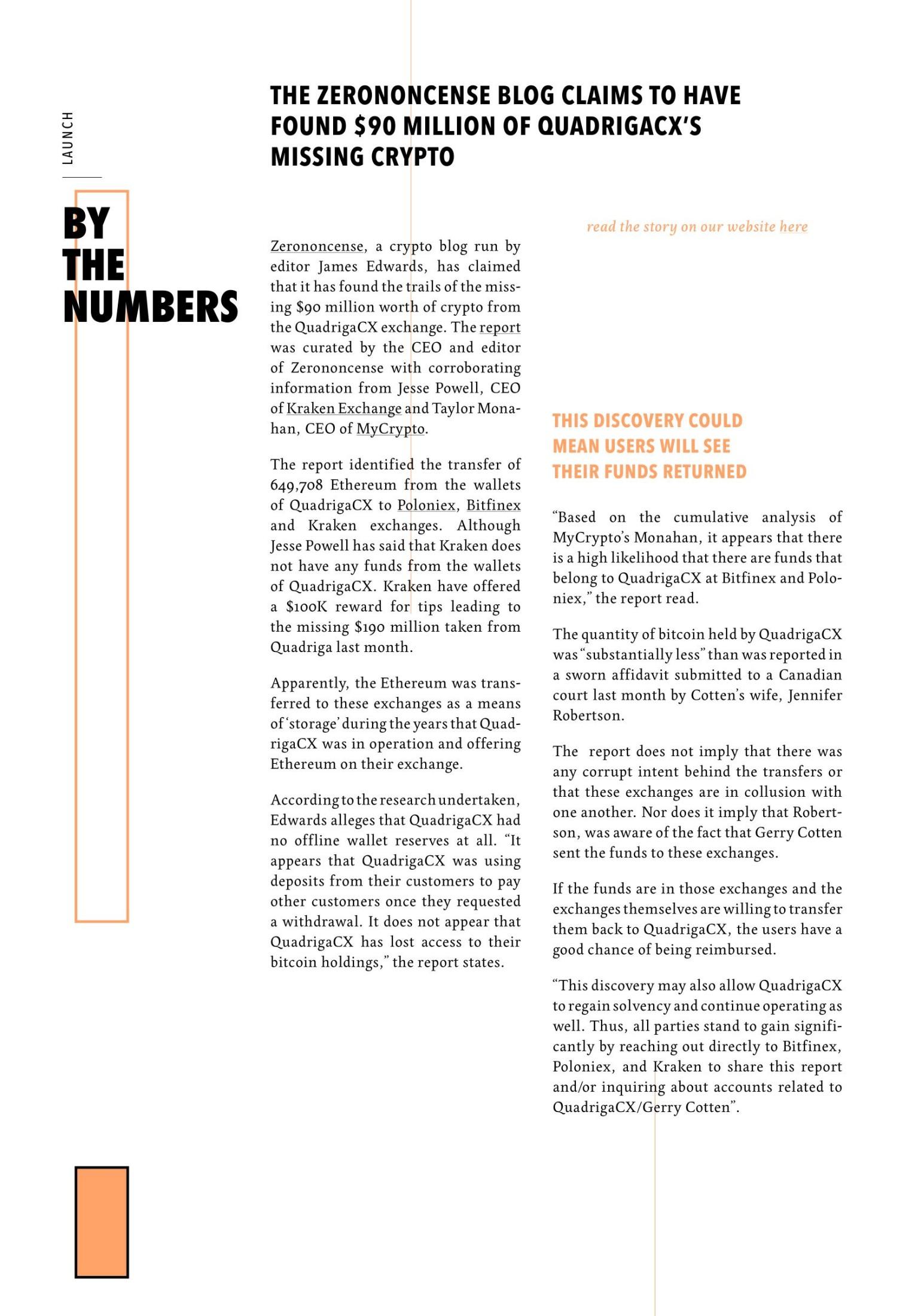
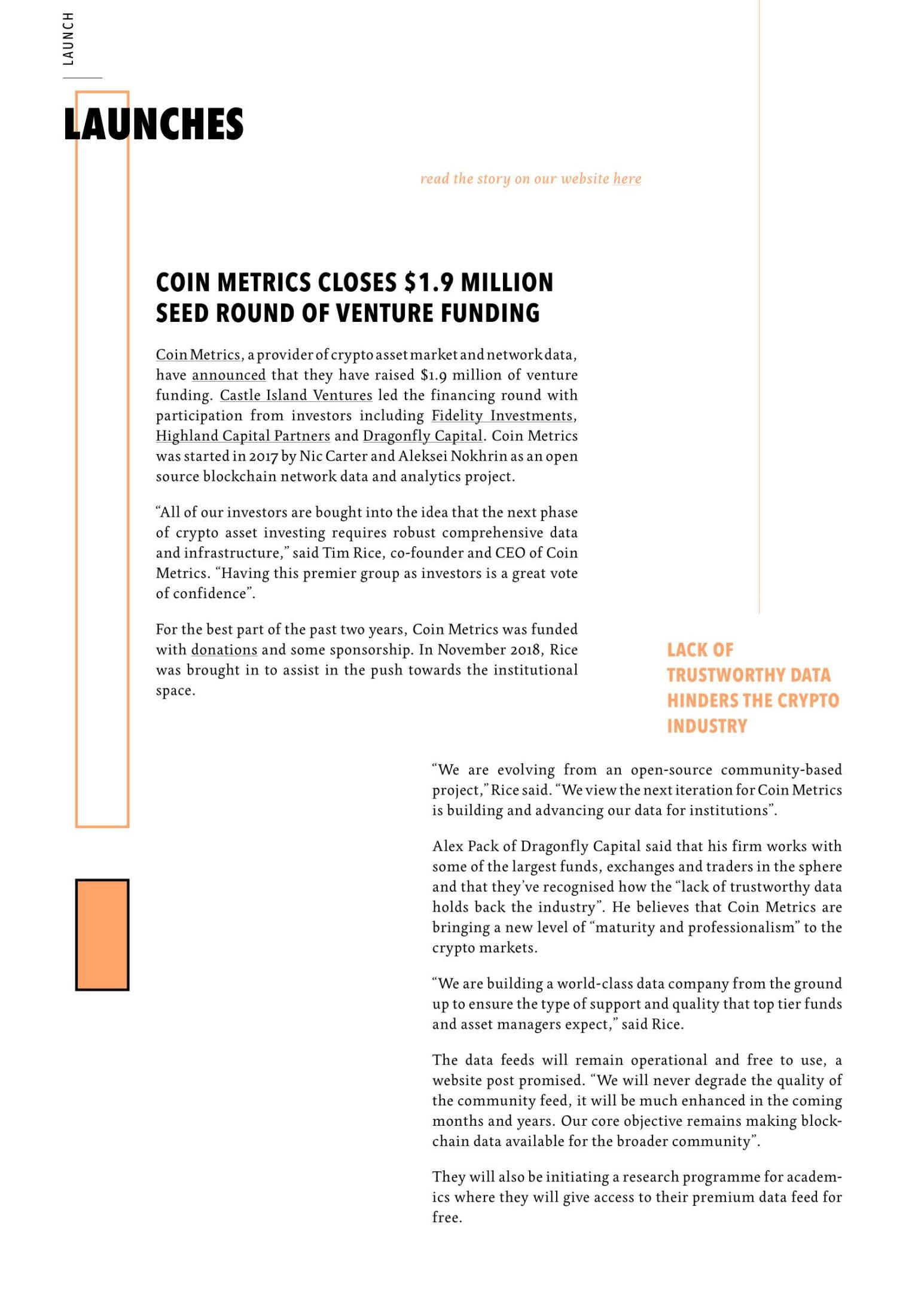
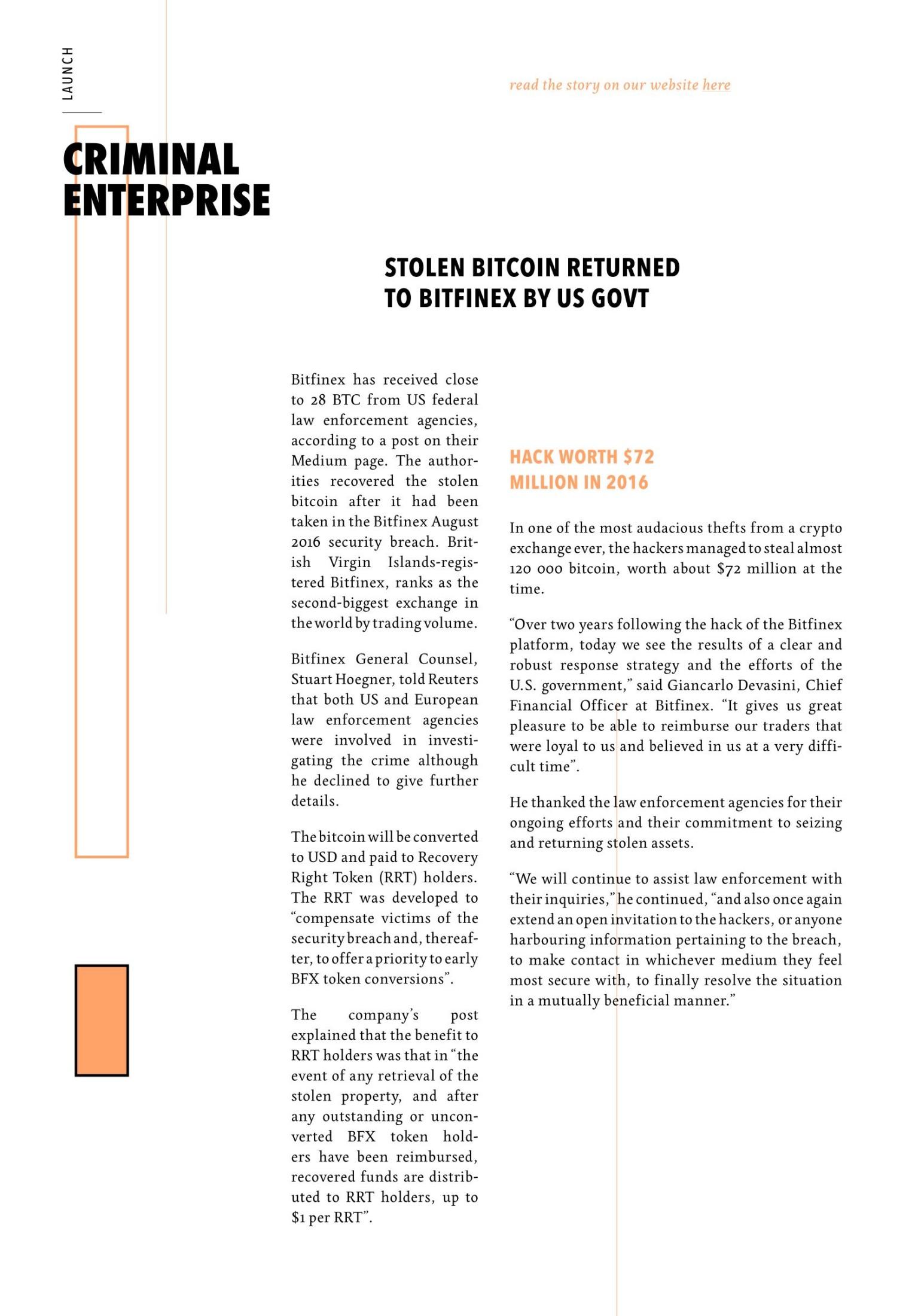
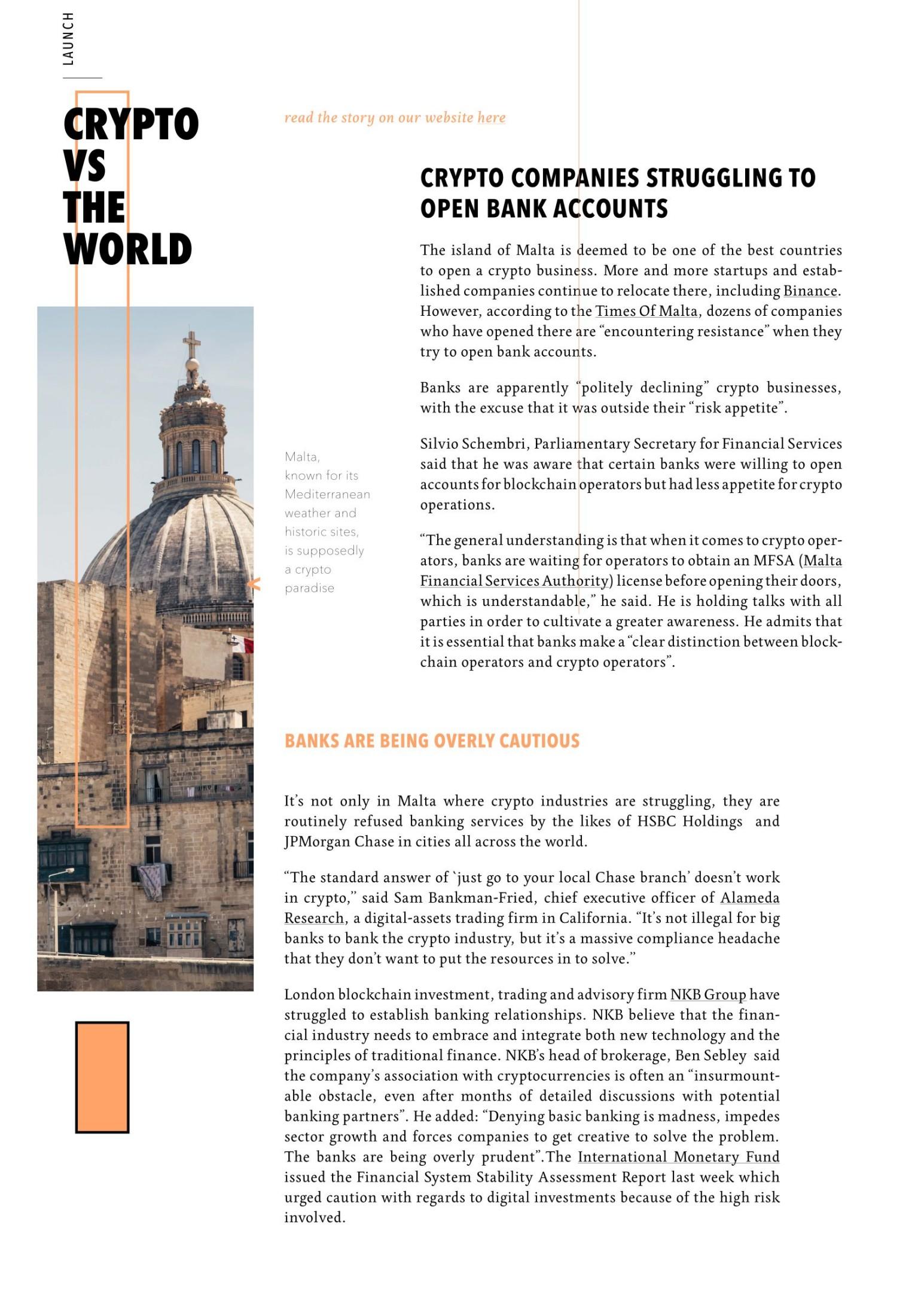


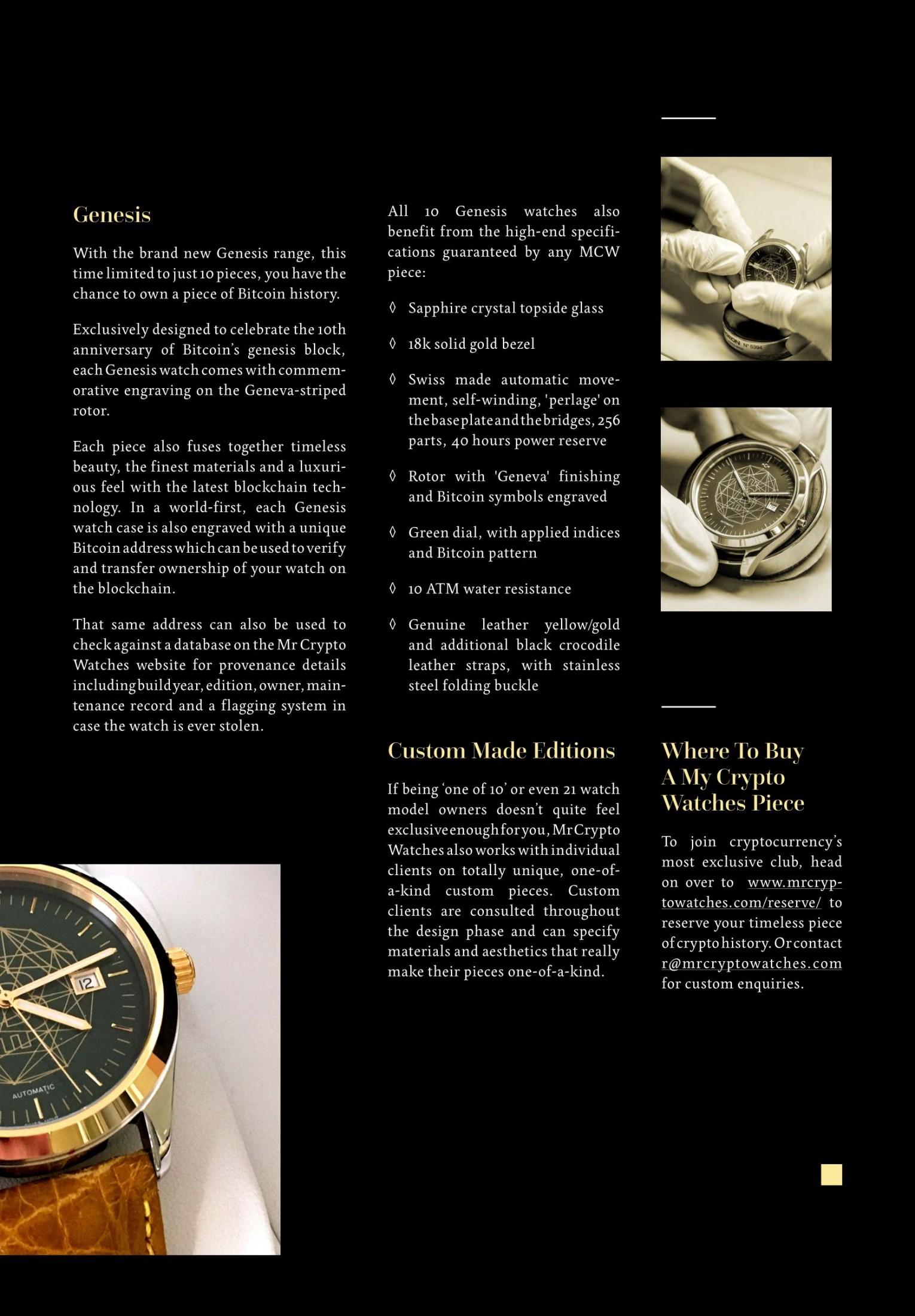
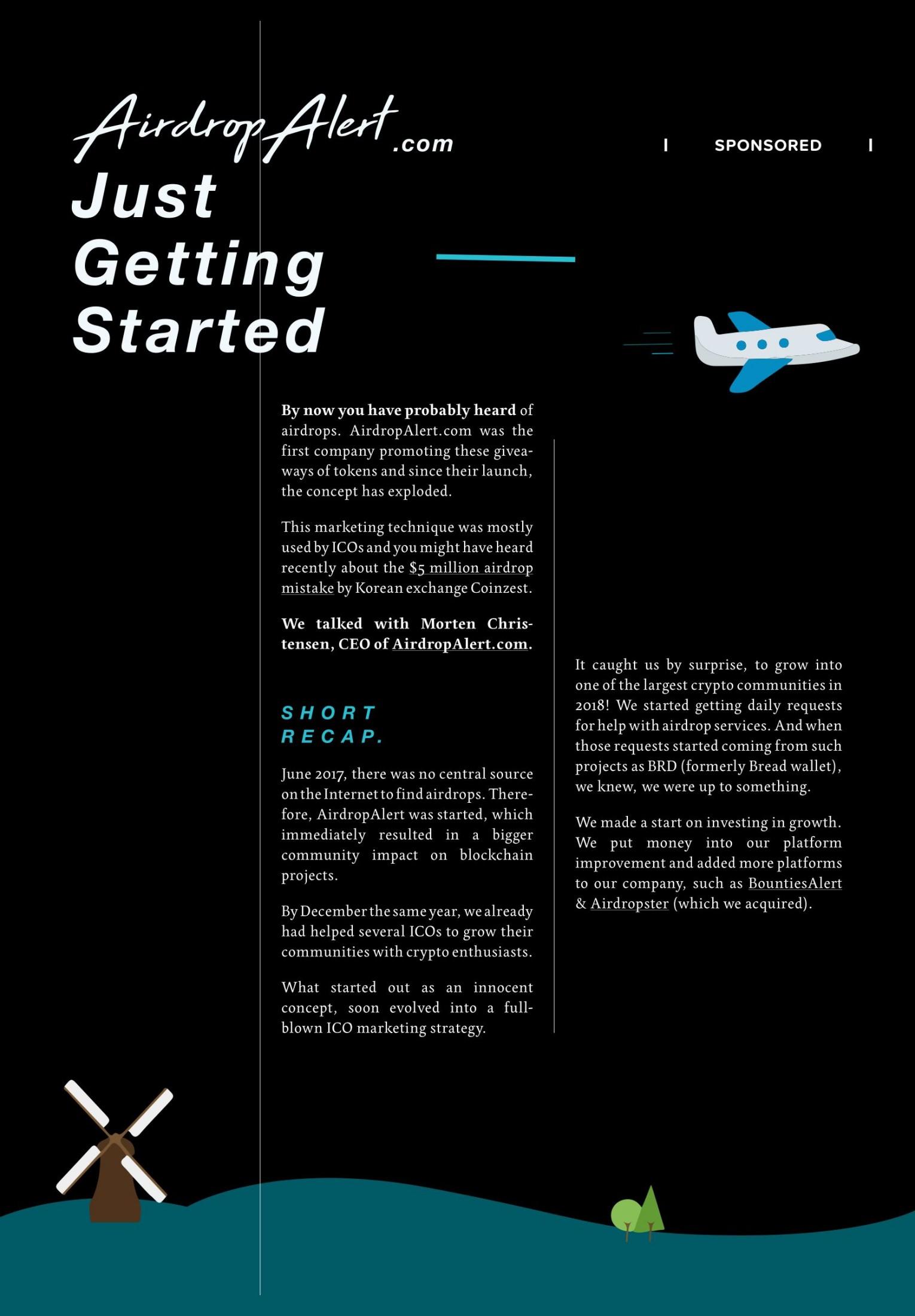
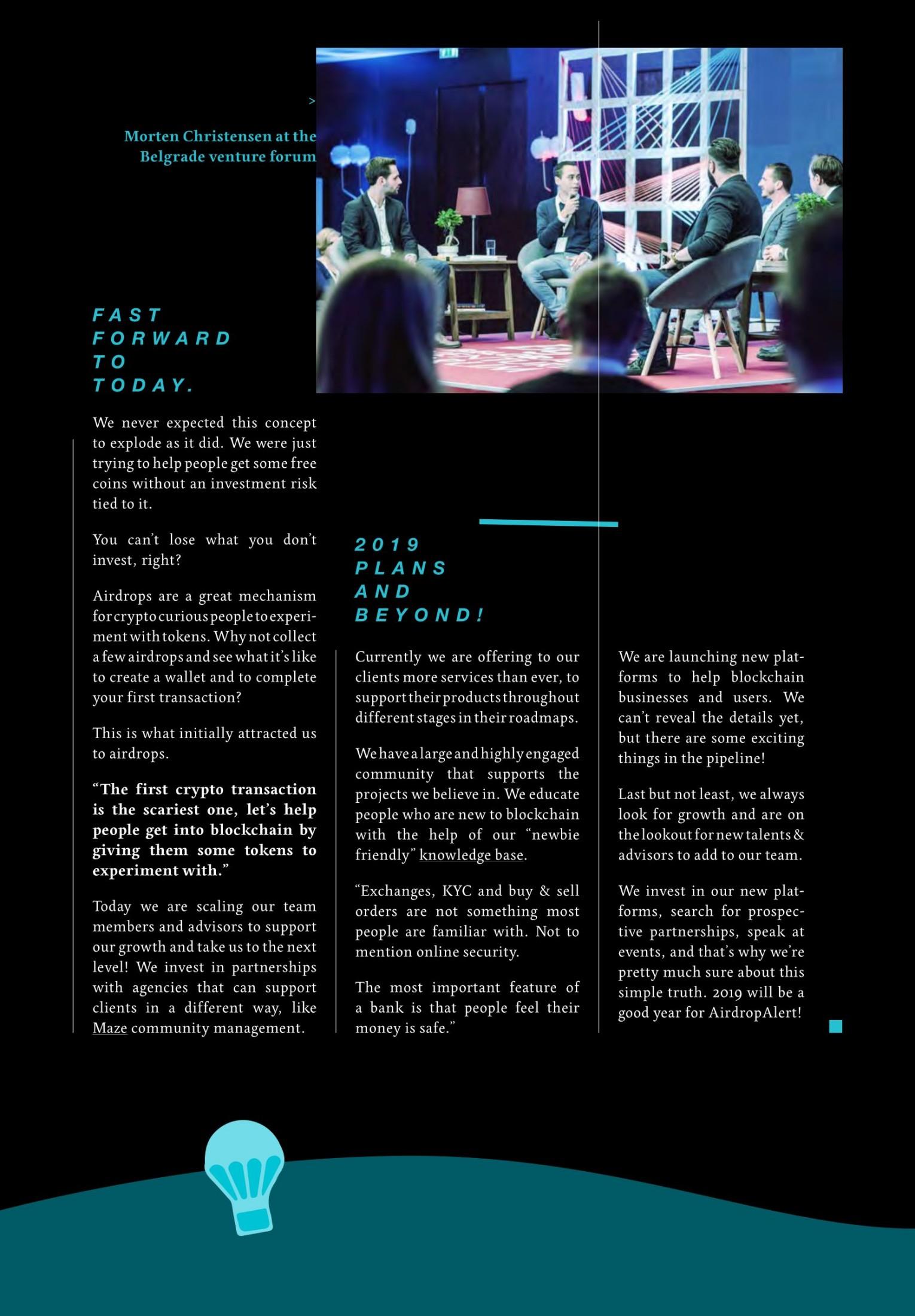





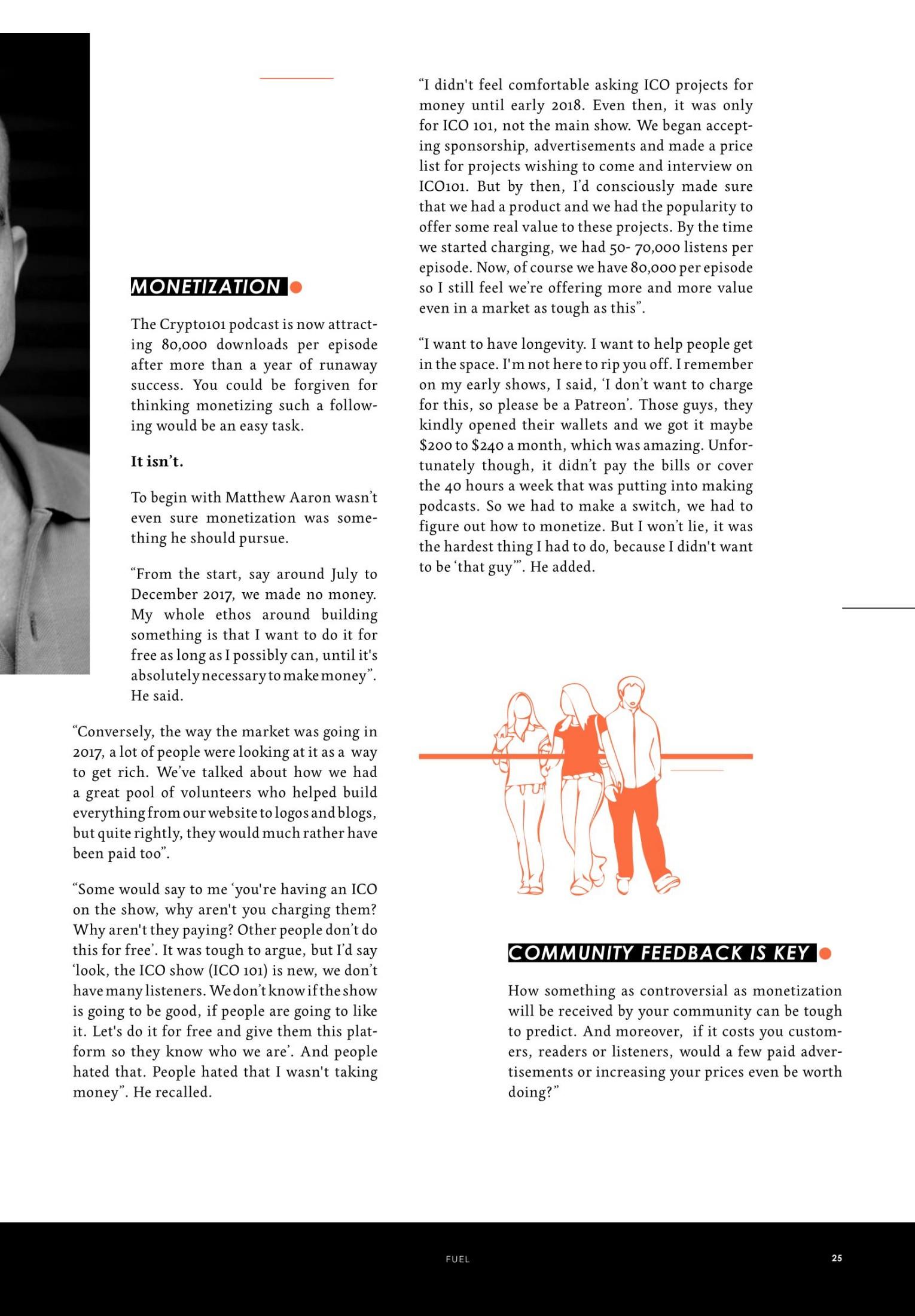
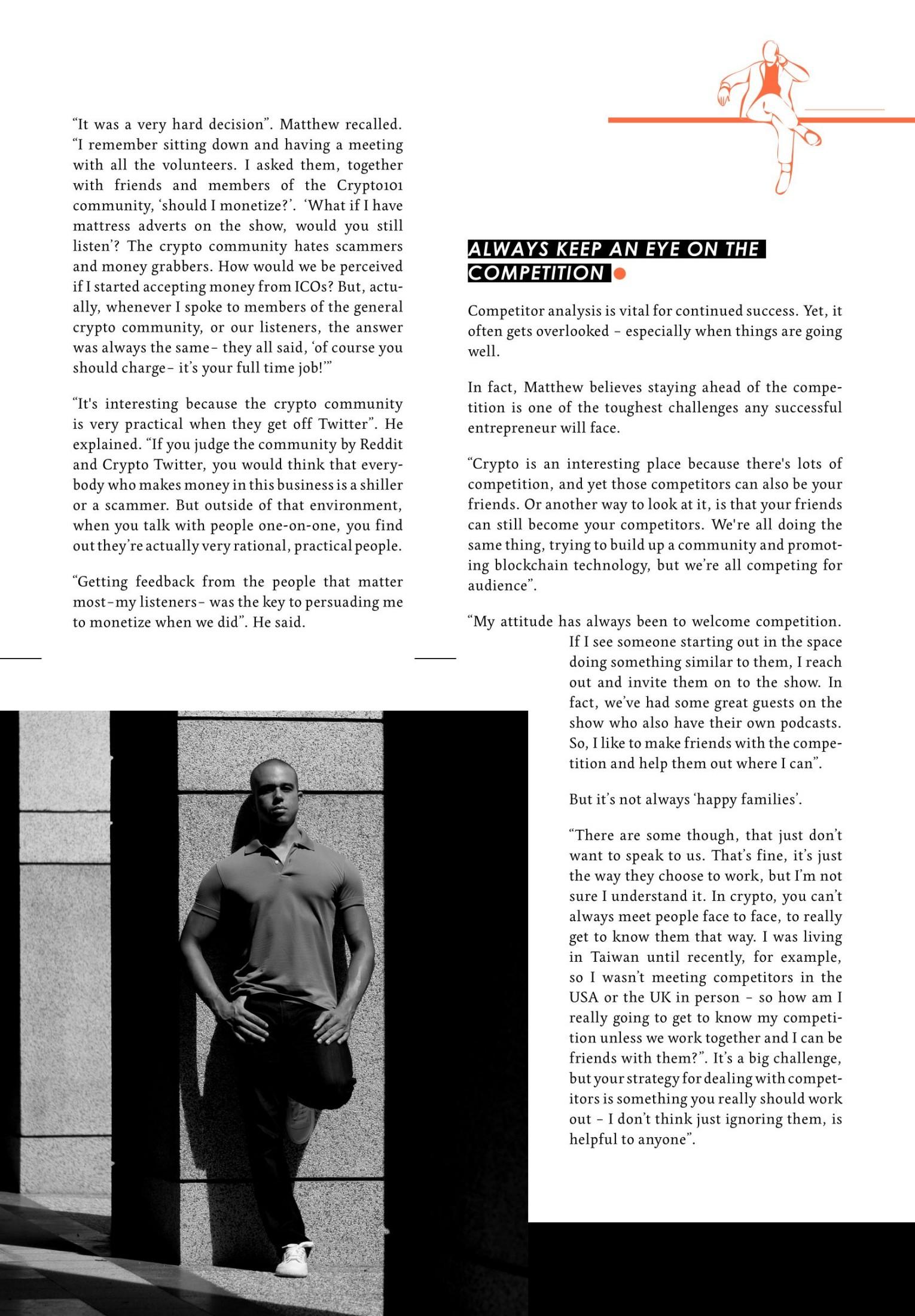
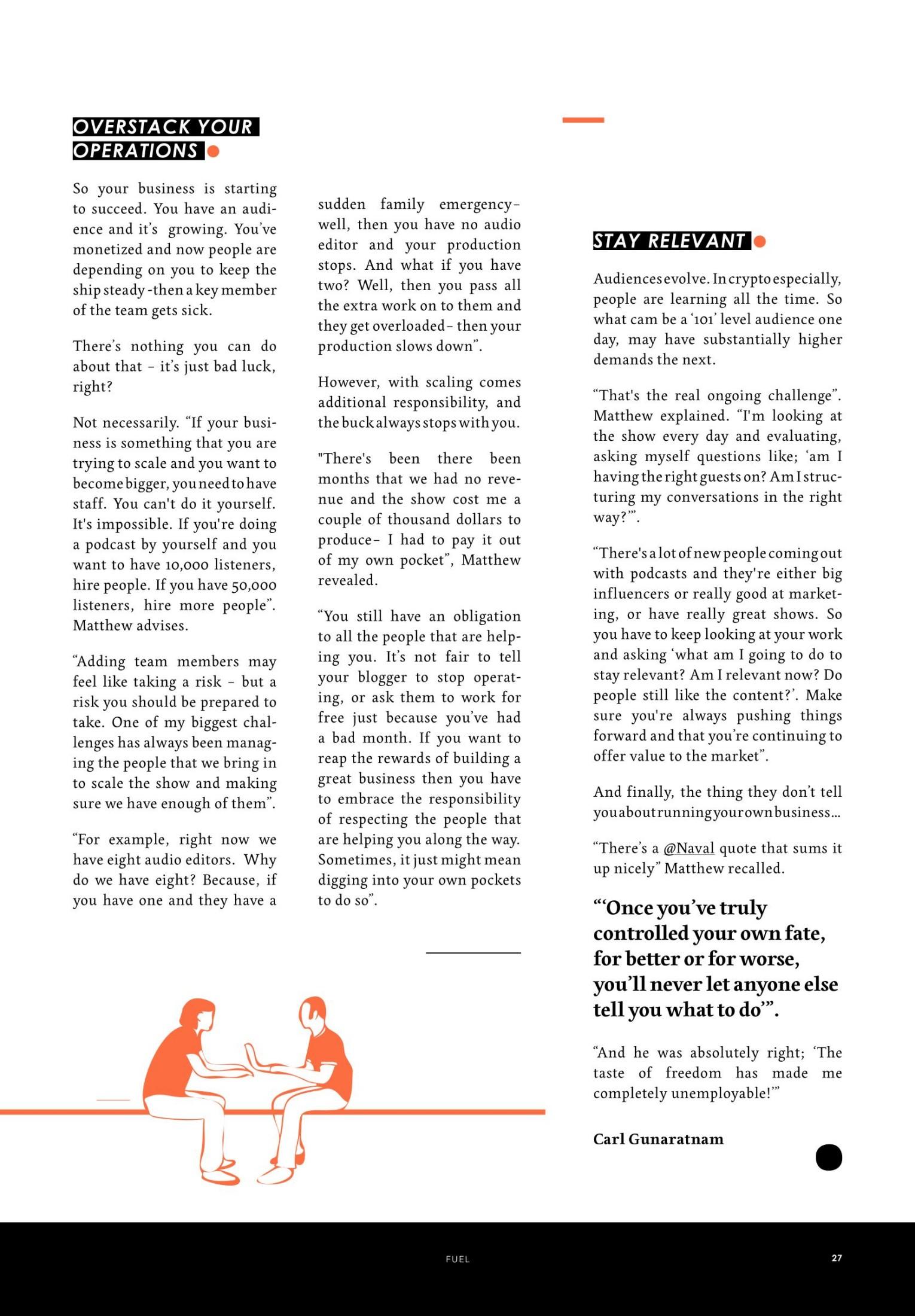
Another random document with no related content on Scribd:
Although no one could be surprised that the President and his Cabinet hesitated to put themselves without reserve in the hands of an adventurer, Eaton’s anger was extreme at finding the Government earnest for peace rather than war. Himself a Connecticut Federalist, a close friend of Timothy Pickering, he expressed his feelings in his private letters with the bitterness as well as with the humor of his class.[314]
“I waited on the President and the Attorney-General One of them was civil, and the other grave I endeavored to enforce conviction on the mind of Mr Lincoln of the necessity of meeting the aggressions of Barbary by retaliation He waived the subject, and amused me with predictions of a political millennium which was about to happen in the United States. The millennium was to usher in upon us as the irresistible consequence of the goodness of heart, integrity of mind, and correctness of disposition of Mr. Jefferson. All nations, even pirates and savages, were to be moved by the influence of his persuasive virtue and masterly skill in diplomacy.”
Eaton’s interviews probably took place at the moment when the Louisiana treaty confirmed the Cabinet in its peace policy and in reliance on diplomacy. In March, 1804, Eaton succeeded in returning to the Mediterranean as naval agent, but without special powers for the purpose he had in mind.
“The President becomes reserved; the Secretary of War ‘believes we had better pay tribute,’ he said this to me in his own office. Gallatin, like a cowardly Jew, shrinks behind the counter Mr Madison ‘leaves everything to the Secretary of the Navy Department ’ And I am ordered on the expedition by Secretary Smith, who, by the by, is as much of a gentleman and a soldier as his relation with the Administration will suffer, without any special instructions to regulate my conduct ”
With no other authority to act as a military officer than a vague recommendation from the President as a man who was likely to be extremely useful to Barron, Eaton returned with Barron’s large squadron. He felt himself ill-treated, for he was irritable and selfasserting by nature, and was haunted by a fixed idea too unreasonable for the President to adopt; but he chose to act without authority rather than not act at all, for he was born an adventurer,
and difficulties which seemed to cooler heads insurmountable were nothing in his eyes. Sept. 5, 1804, he arrived at Malta, and thence sailed to Alexandria; for in the meanwhile Hamet had been driven to take refuge in Egypt, and Eaton on reaching Cairo, Dec. 8, 1804, found that the object of his search was shut up in Minyeh on the Nile with some rebellious Mamelukes, besieged by the viceroy’s troops. After infinite exertions and at no little personal danger, Eaton brought Hamet to Alexandria, where they collected some five hundred men, of whom one hundred were Christians recruited on the spot. Eaton made a convention with Hamet, arranged a plan of joint operations with Barron, and then at about the time when President Jefferson was delivering his second Inaugural Address, the navy agent led his little army into the desert with the courage of Alexander the Great, to conquer an African kingdom.
So motley a horde of Americans, Greeks, Tripolitans, and Arab camel-drivers had never before been seen on the soil of Egypt. Without discipline, cohesion, or sources of supply, even without water for days, their march of five hundred miles was a sort of miracle. Eaton’s indomitable obstinacy barely escaped ending in his massacre by the Arabs, or by their desertion in a mass with Hamet at their head; yet in about six weeks they succeeded, April 17, 1805, in reaching Bomba, where to Eaton’s consternation and despair he found no American ships.[315]
“Nothing could prevail on our Arabs to believe that any had been there They abused us as impostors and infidels, and said we had drawn them into that situation with treacherous views All began now to think of the means of individual safety; and the Arabs came to a resolution to separate from us the next morning. I recommended an attempt to get into Derne. This was thought impracticable. I went off with my Christians, and kept up fires upon a high mountain in our rear all night. At eight the next morning, at the instant when our camp was about breaking up, the Pacha’s casnadar, Zaid, who had ascended the mountain for a last look-out, discovered a sail! It was the ‘Argus;’ Captain Hull had seen our smokes, and stood in. Language is too poor to paint the joy and exultation which this messenger of life excited in every breast.”
Drawing supplies from the brig the little army rested a few days; and then, April 25, moved against Derne, where they found the town held by a garrison of eight hundred men who had thrown up earthworks and loopholed the terraces and houses for musketry. Eaton sent to the governor a flag of truce, which was sent back with the Eastern message,—“My head, or yours!” Three cruisers, the “Nautilus,” “Argus,” and “Hornet,” acted in concert with Eaton, and a vigorous combined attack, April 27, drove the governor and his garrison from the town. Eaton received a ball through the left wrist, but could not afford to be disabled, for on the news of his arrival a large force was sent from Tripoli to dislodge him; and he was obliged to fight another little battle, May 13, which would have been a massacre had not the ships’ guns held the Tripolitans in awe. Skirmishing continued another month without further results. Eaton had not the force to advance upon Tripoli, which was nearly seven hundred miles to the westward, and Hamet found no such popular support at Derne as he had hoped.
What influence Eaton’s success at Derne had on the Pacha at Tripoli was never perfectly understood; but the Pacha knew that Rodgers was making ready for an assault, beside which the hottest of Preble’s bombardments would seem gentle; Eaton at Derne with Hamet was an incessant and indefinite threat; his own subjects were suffering, and might at any moment break into violence; a change of ruler was so common a matter, as Yusuf had reason to remember, that in the alternative of losing his throne and head in one way or the other, he decided that peace was less hazardous than war Immediately upon hearing that his troops had failed to retake Derne, he entered into negotiations with Tobias Lear, the American ConsulGeneral at Algiers, who had come to Tripoli for the purpose; and on this occasion the Pacha negotiated with all the rapidity that could be wished. June 3, 1805, he submitted to the disgrace of making peace without being expressly paid for it, and Lear on his side consented to ransom the crew of the “Philadelphia” for sixty thousand dollars.
When Eaton learned what Lear had done, his anger was great and not unreasonable. That Lear should have made a treaty which sacrificed Eaton’s Mahometan allies, and paid sixty thousand dollars
for the imprisoned seamen at a moment when Eaton held Derne, and could, as he thought, with two hundred marines on shore and an immense fleet at sea drive the Pacha out of his dominions within six weeks, was astonishing. Lear’s only excuse was the fear of causing a massacre of the “Philadelphia’s” crew,—a reason which Eaton thought unfounded and insufficient, and which was certainly, from a military point of view, inadmissible. The treaty left the Mahometan allies at Derne to be massacred, and threw Hamet on Eaton’s hands. Deposited at Syracuse with a suite of thirty persons without means of support, Caramelli became a suppliant for alms to the United States Congress. Eaton declared the treaty disgraceful, and thenceforth his grievances against the government took an acute form. The settlement of his accounts was slow and difficult. He returned to America and received great attentions, which made him none the less loud in complaint, until at last he died in 1811 a victim to drink and to craving for excitement. Eaton was beyond question a man of extraordinary energies and genius; he had even the rare courage to displease his own Federalist friends in 1807, because of defending Jefferson who had done nothing for him, but who at a critical moment represented in his eyes the Union.
Meanwhile peace with Tripoli was obtained without tribute, but at the cost of sixty thousand dollars, and at the expense of Eaton and his desperate band of followers at Derne. Hamet Caramelli received at last a small sum of money from Congress, and through American influence was some years afterward made governor of Derne. Thus after four years of unceasing effort the episode of the Tripolitan war came to a triumphant end. Its chief result was to improve the navy and give it a firmer hold on popular sympathy. If the once famous battles of Truxton and the older seamen were ignored by the Republicans, Preble and Rodgers, Decatur and Hull, became brilliant names; the midnight death of Somers was told in every farmhouse; the hand-to-hand struggles of Decatur against thrice his numbers inflamed the imagination of school-boys who had never heard that Jefferson and his party once declaimed against a navy. Even the blindest could see that one more step would bring the people to the point so much dreaded by Jefferson, of wishing to match their forty-
fours against some enemy better worthy of their powers than the pirates of Tripoli.
There was strong reason to think that this wish might soon be gratified; for on the same day when Lear, in the “Essex,” appeared off Tripoli and began his negotiation for peace, Monroe’s travellingcarriage rumbled through the gates of Madrid and began its dusty journey across the plains of Castile, bearing an angry and disappointed diplomatist from one humiliation to another.
INDEX TO VOLS. I. AND II.
Abolition Society, an early, i. 128. Acts of Congress, of Sept. 24, 1789, to establish the Judiciary, i, 259, 260, 275, 276; of June 13, 1798, to suspend intercourse with France, 383; of June 25, 1798, concerning aliens, 140, 141, 206, 207, 259, 286; of July 14, 1798, concerning sedition, 140, 141, 206, 207, 259, 261, 286; of Feb. 9, 1799, further to suspend intercourse with France, 384; of Feb. 13, 1801, to provide for the more convenient organization of the courts, 274–276, 278, 280, 288, 293, 297; of Jan. 14, 1802, for the apportionment of representatives, 301; of March 8, 1802, to repeal the Judiciary Act of 1801, 280, 281, 284–298; of March 16, 1802, fixing the military peace establishment, 301; of April 6, 1802, to repeal the internal taxes, 272; of April 29, 1802, for the redemption of the public debt, 272; of April 29, 1802, to amend the judicial system, 298; of April 30, 1802, to enable Ohio to form a State government, 302; of Feb. 28, 1803, for building four sloops-of-war and fifteen gunboats, ii. 77; of Oct. 31, 1803, to take possession of Louisiana, 119, 120; of Feb. 24, 1804, for collecting duties within the territories ceded to the United States, 257, 260–263, 291, 293, 304, 380; of March 25, 1804, to establish the Mediterranean Fund, 141; of March 26, 1804, for the temporary government of Louisiana, 120–129; of Jan. 19, 1805, to erect a dam from Mason’s island, 209;
of March 2, 1805, further providing for the government of Orleans Territory, 401; of March 3, 1805, for the more effectual preservation of peace in the ports and harbors of the United States, 397, 398.
Acts of Parliament, on navigation, ii. 319, 320, 327; on naturalization, 338, 413, 414; on merchant-shipping, 345.
Adams, John Quincy, senator from Massachusetts, ii. 110, 117, 184, 379; proposes draft of Constitutional amendment, 118, 160, 164
Addington ministry, ii. 358, 416.
Addington, Henry (Lord Sidmouth), succeeds Pitt, ii. 342, 347; retires from office, 418.
Addison, Judge, impeached, ii. 195.
Admiralty courts in the West Indies, ii. 340.
Albany in 1800, i. 3.
Alien and sedition laws, i. 140, 206, 259.
(See Acts of Congress.)
Allston, Washington, i. 149.
Alquier, French minister at Madrid, i. 363, 368. Alsop, Richard, i. 102.
Amendment to the Constitution, the twelfth, ii. 132. “American Citizen,” the, i. 331.
Ames, Fisher, i. 82, 83; his opinion of democracy, 84; in conversation, 86; speech of, on the British treaty, 88, 93; his language toward opponents, 119; ii. 164.
Amiens, peace of, i. 370; ii. 59, 290, 326, 347, 385.
(See Treaties.)
Amusements in 1800, in New England, i. 50; in Virginia, 51.
Anderson, Joseph, senator from Tennessee, ii. 157 “Aristides.” Pamphlet by W. P. Van Ness, ii. 73, 172.
Armstrong, General John, senator from New York, i. 108, 113, 230, 234, 281; ii. 157; succeeds Livingston at Paris, 291, 308.
Army, chaste reformation of, i. 238; peace establishment in 1801, 242, 261, 272, 301.
Ashe, an English traveller, i. 43, 52, 53, 54.
Astor, John Jacob, i. 28.
“Aurora” newspaper, i. 118, 121.
Bailey, Theodorus, i. 231, 266, 296.
Bainbridge, Captain, ii. 137, 426.
Baldwin, Abraham, senator from Georgia, i. 305.
Ballston Spa, i. 92.
Baltimore in 1800, i. 29, 131
Banks, in Boston in 1800, i. 22; in New York, 25; in the South, 31; hostility to, 65.
Baptists in New England, i. 89.
Barbary Powers, war with the, i. 244 et seq.; ii. 425 et seq.
Baring, Alexander, ii. 358.
Barlow, Joel, i. 69, 99; his “Columbiad,” 103 et seq., 106, 182 Barron, Commodore Samuel, at Tripoli, ii. 428; yields the command to Rodgers, 429.
Bartram, William, i. 124.
Bayard, James A., member of Congress from Delaware, i. 269, 271; his reply to Giles, 291 et seq.; beaten by Cæsar A. Rodney, retires to the Senate, ii. 76; re-elected to the House, 201; moves the form of question in the Chase impeachment, 237, 241.
Beaujour, Felix de, quoted, i. 46, 165.
Belknap, Jeremy, i. 93.
Bernadotte, General, appointed minister at Washington, ii. 10; Talleyrand’s instructions to, 11.
Berthier, General, Napoleon’s agent for the retrocession of Louisiana, i. 366.
Beurnonville, French ambassador at Madrid, ii. 59, 277.
Bishop, Abraham, collector of New Haven, i. 226
Blockade, law of, ii. 385; of Martinique and Guadeloupe, 381; of New York, 396.
Bonaparte. (See Napoleon.)
Bonaparte, Jerome, his marriage to Miss Patterson and his reception by the President, ii. 377 et seq.
Bonaparte, Joseph, negotiates treaty of Morfontaine, i. 360, 362; scene of, with Napoleon, ii. 35 et seq.
Bonaparte, Lucien, appointed ambassador at Madrid, i. 371, 373; opposes the cession of Louisiana, ii. 34; scene of, with Napoleon, 35 et seq.
Boston, population and appearance of, in 1800, i. 20; business, 21; an intellectual centre in 1800, 75; sentiment of, 87; social customs of, in 1800, 91; a summer watering-place, 92.
Bowditch, Nathaniel, i. 93.
Boyle, John, ii. 228.
Brackenridge, H. H., author of “Modern Chivalry,” i. 124; ii. 195.
Bradley, Captain, of the “Cambrian,” ii. 393, 396.
Bradley, Stephen R., senator from Vermont, ii. 157, 218, 238, 259.
Breckenridge, John, senator from Kentucky, i. 269; moves the repeal of the Judiciary Act, 278, 280; ii. 85, 94; on the admission of Louisiana to the Union, 108; his bill for the territorial government of Louisiana, 120. British claims, ii. 339.
Brown, Charles Brockden, i. 123.
Brown, James, secretary of the Louisiana Territory, ii. 220. Bryant, William Cullen, i. 110, 133
Buckminster, Joseph, i. 81.
Buckminster, Joseph Stevens, i. 90, 162.
Bülow, Heinrich Wilhelm, i. 41, 48.
Burr, Aaron, Vice-President, i. 65, 93, 109, 112;
his character, 195; centre of intrigue, 229 et seq.; his hatred of Virginia, 279; his toast at the Federalist dinner, 282; attacked by the “American Citizen” and “Aurora,” 283; ii. 154; invoked by Pickering and Griswold, 171; his defence by “Aristides,” 172; his interview with Jefferson, 175; nominated for governor of New York, 177; confers with Griswold, 183; defeated, 185; his hostility to Hamilton, 185; his duel with Hamilton, 187 et seq.; presides at the Chase impeachment, 227, 238, 368; communicates with Merry, 395; his plan of creating a western confederacy, 402; asks the aid of the British government, 403; Turreau’s opinion of, 407; his plan, 408.
Butler, Pierce, ii. 95.
Cabot, George, his opinion of democracy, i. 84, 86 et seq.; letter of, opposing Pickering’s scheme, ii. 164; inclines to Burr, 182.
Calhoun, John C., i. 154.
Callender, James T., his libels on Jefferson, i. 322 et seq.
Calvinism, popular reaction against, in New England, i. 82. Campbell, George W., member of Congress from Tennessee, ii. 123; impeachment of Judge Chase, 224, 228, 230.
Campbell, Justice, on the Louisiana case, ii. 127.
Campbell, Thomas, borrows from Freneau, i. 126.
Canals in 1800, i. 8–10, 26, 29, 38, 94.
Canning, George, rise of, ii. 417.
“Canons of Etiquette,” the, ii. 365.
Capitol at Washington in 1800, i. 30, 198; designed by Dr. Thornton, 111.
Caramelli, Hamet, ii. 430, 436
Cevallos, Don Pedro de, i. 371; ii. 23; remonstrates against the sale of Louisiana, 58; refuses to pay for French spoliations, 276, 279; his conditions on ratification of Spanish claims convention, 280; his comments on the Americans, 282, 283; alarmed, 284; complains of Pinckney’s conduct, 294.
Channing, William Ellery, i. 90; his impressions of Virginia manners, 132, 171.
Charles IV. of Spain, his character, i. 341; refuses papal territory, 354; his delight at the offer of Tuscany, 369; refuses to sell Florida, 401; delivers Louisiana to Napoleon, 401; distressed by Napoleon, ii. 56; his demands on Napoleon, 59; withdraws protest against the sale of Louisiana, 277; declares war on England, 309.
Charleston, S. C., in 1800, i. 37 et seq., 92, 149.
Chase, Justice Samuel, his charge to the Baltimore grand jury, ii. 147; his impeachment, 149 et seq., 158; scene of impeachment, 227; his counsel, 229; the managers of his impeachment, 229; articles of impeachment, 229; the trial, 230 et seq.; votes on the articles, 238; his acquittal, 239.
Chauncey, Isaac, at Tripoli, ii. 428.
Cheetham, editor of the “American Citizen and Watchtower,” i. 121; attacks Burr, 331.
Chillicothe in 1800, i. 2.
Christophe, i. 416.
Cincinnati in 1800, i. 2
Claiborne, William Charles Cole, appointed governor of Mississippi Territory, i. 295, 403; receives possession of Louisiana, ii. 256; governor of Orleans Territory, 400.
Claims, American, on France. (See French spoliations.)
Claims, American, on Spain. (See Pinckney.)
Clark, Christopher, ii. 228.
Clay, Henry, i. 133.
Cleveland in 1800, i. 3
Clifton, William, i. 98.
Clinton, De Witt, i. 112, 228, 233; resigns his senatorship to become mayor of New York, 266, 281; attacks Burr through Cheetham, 331; his duel with Swartwout, 332; ii. 206.
Clinton, George, i. 114; governor of New York, 228; ii. 173; nominated for Vice-President, 180.
Cobbett, William, i. 46; in Philadelphia, 118.
Cocke, William, senator from Tennessee, ii. 113; censures Randolph, 240.
Coleman, William, editor of the New York “Evening Post,” i. 119.
Colonial System of the European Powers, ii. 323.
Colonial trade, ii. 319, 322, 327–329; direct and indirect, 324, 325; West Indian, value of, 331, 332.
Columbia College, i. 101.
“Columbiad,” the, of Joel Barlow, i. 103 et seq. Commerce, foreign and domestic, in 1800, i. 5, 14.
Congregational clergy, i. 79.
Congress, the Seventh, first session of, i. 264–307; second session, 427–433; ii. 74–77; the Eighth, first session of, 92, 96–159; second session, 206–242, 396.
(See Acts of Congress.)
Connecticut, i. 105
“Constitution,” the, ii. 426.
Cooper, Dr. Charles D., ii. 178; letter, 186.
Cooper, James Fenimore, i. 110; quotation from “Chainbearer,” 43.
Dallas, Alexander James, i. 127, 281; ii. 198; letter of, to Gallatin, 198.
Dana, Samuel, member of Congress from Connecticut, i. 269, 271
Davis, John, an English traveller, i. 122; his account of Jefferson’s inauguration, 197.
Davis, Matthew L., i. 231 et seq., 296.
Dayton, Jonathan, senator from New Jersey, i. 280; ii. 105.
Dearborn, Henry, appointed Secretary of War, i. 219; ii. 2, 431.
Debt, public. (See Finances.)
Decatur, James, killed at Tripoli, ii. 427.
Decatur, Stephen, burns the “Philadelphia,” ii. 139; at Tripoli, 427
Decrès, Napoleon’s Minister of Marine, instructions of, to Richepanse and Leclerc, re-establishing slavery, i. 397; defining the boundaries of Louisiana and its administration, ii. 5.
Democrats, denounced by New England clergy, i. 79 et seq.; social inferiority, 92; the Northern, 264.
Dennie, Joseph, on democracy, i. 85; editor of the “Portfolio,” 119, 121
Deposit at New Orleans, the right of, granted by treaty, i. 349; taken away, 418; restored, ii. 3.
Derbigny, Pierre, ii. 401, 406, 408.
Desertion of British Seamen, ii. 333–335, 345, 346, 392.
Dessalines, i. 416.
Destréhan, Jean Noel, ii. 401, 406.
Dexter, Samuel, i. 93, 192, 219.
Dickens, Charles, i. 56
“Diomed,” stallion, i. 51.
Drayton, Governor, of South Carolina, i. 151.
Dry-dock, Jefferson’s plan of, i. 428; ii. 77.
Duane, William, editor of the “Aurora,” i. 118; his influence in Pennsylvania, ii. 194.
Duponceau, Peter S., i. 127; ii. 259.
Dupont de Nemours, commissioned by Jefferson to treat unofficially with Bonaparte, i. 411; letter to, ii. 254
Dwight, Theodore, i. 101; his attack on democracy, 225.
Dwight, President Timothy, quoted, i. 21, 23; his travels, 41; describes popular amusements, 49, 56; lack of roads in Rhode Island, 64; his poem, “The Conquest of Canaan” cited, 96 et seq.; his “Greenfield Hill,” 98; value of his Travels, 100, 310.
Early, Peter, member of Congress from Georgia, ii. 228, 230. Eaton, William, his character and career, ii. 429 et seq.; his interviews with Jefferson and the Cabinet, 430; attacks Derne, 433.
Education in New England, i. 76, 77; in New York, 110; in New Jersey and Pennsylvania, 129; in Virginia, 136.
Election of 1800, i. 152, 163; of 1801, 294; ii. 202; of 1802, 308, 329, 330; of 1803, 76; of 1804, 163, 176, 185, 197, 201, 202, 204. Embargo imposed by Washington, ii. 323. Emerson, Ralph Waldo, i. 171.
“Emmanuel,” case of, ii. 327. England, colonial policy of, ii. 317;
cordiality with, 347; change of tone toward, 356, 387.
“Enterprise,” United States schooner, captures Tripolitan corsair, i. 245.
Eppes, John W., member of Congress from Virginia, ii. 95.
Erie Canal, the, i. 112.
Essex Junto, the, i. 89, 314.
Etiquette at Washington, ii. 362 et seq., 380.
Eustis, Dr. William, member of Congress from Boston, i. 93, 281
Evans, Oliver, his inventions, i. 68, 71, 182.
“Evening Post,” the New York, i. 119, 120; ii. 366.
“Experiment,” sloop, i. 6.
Federalists. (See Party.)
Fight, the “rough-and-tumble,” in the South, i. 52 et seq.
Finances in 1801, i. 239 et seq., 253, 270, 272; in 1802, ii. 75, 77; in 1803, 135, 136, 141; in 1804, 206
Fitch, John, his inventions, i. 66 et seq., 181.
Florida restored by England to Spain, i. 353; Bonaparte’s demand for, refused by Charles IV., 369; Bonaparte’s attempts to secure, 401; Livingston’s attempt to secure, ii. 44.
Florida, West, ii. 7; claimed by Livingston as part of the Louisiana purchase, 68; Jefferson’s anxiety to secure, 245; scheme for seizing, 255; claim to, 273, 311, 312; claim adopted by the President, 302.
Foster, Augustus, his description of Jefferson, i. 186; of Madison, 190.
Fox, Charles James, ii. 418.
Franklin, Benjamin, i. 60 et seq., 181; citation from Poor Richard, 44.
French Revolution, i. 82.
French spoliations, i. 350, 361-363; ii. 30, 31, 40–42, 46–50, 61
Freneau, Philip, i. 125.
Frere, John Hookham, i. 402.
Fugitive-Slave Bill, i. 300.
Fulton, Robert, i. 69, 71, 182.
Gaillard, John, senator from South Carolina, ii. 238.
Gallatin, Albert, his opinion of the Connecticut River district, i. 19; on Indian corn, 58; his political doctrines, 72, 115 et seq., 163, 177; personal characteristics of, 190; appointed Secretary of the Treasury, 218; supports M. L. Davis, 232; opposes removals from office, 235; ii. 194; his financial measures, i. 239; his financial schemes adopted, 272; inserts school and road contract into the Ohio Constitution, 302; the Yazoo sale, 304; underestimates the product of the taxes, ii. 75; his opinion on the acquisition of territory, 79, 131; success of the Treasury Department under, 135; asks Congress for a special tax for the Barbary war, 141, 261; attacked by Duane, 194, 196; by Eaton, 431.
Gelston, Daniel, i. 231.
George III., character of, i. 342.
Georgia, state of, in 1800, i. 4, 39; surrenders territory to the United States, 303; land speculation in, 303; Rescinding Act, 304.
Gerry, Elbridge, i. 358.
Giles, William B., member of Congress from Virginia, i. 209, 261, 267; his political career, 284 et seq.; debate on the Judiciary Bill, 286 et seq., 299; ii. 142;
supports the impeachment of Judge Chase, 221; his view of impeachment, 223, 235, 237, 238, 241.
Goddard, Calvin, member of Congress from Connecticut, ii. 160.
Godoy, Don Manuel, Prince of Peace, i. 346 et seq.; treaty of 1795 negotiated by, 348, 369, 371; baffles Bonaparte, 374; attempts to conciliate the United States, ii. 21; protests against the sale of Louisiana, 57; conciliates Napoleon, 277.
Goodrich, Elizur, i. 226
Gore, Christopher, ii. 347.
Granger, Gideon, appointed Postmaster-General, i. 308; an active politician, ii. 192; agent for the Yazoo claims, 212; attacked by Randolph, 213.
Graydon, Alexander, i. 127.
Gregg, Andrew, member of Congress from Pennsylvania, ii. 123.
Grégoire, Abbé, i. 105.
Grenville, Lord, ii. 316, 418.
Griswold, Gaylord, member of Congress from New York, ii. 96.
Griswold, Roger, member of Congress from Connecticut, i. 269, 299; ii. 99, 101, 133, 142, 160; his letters to Oliver Wolcott, 162, 169, 180; conference of, with Burr, 183, 390, 391.
Hamilton, Alexander, i. 85, 86, 108, 277; Talleyrand’s remark concerning, 352; ii. 168; opposes Burr for governor, 176; not in favor of disunion, 177; projects, 184; his opposition to Burr, 185 et seq.; his duel with Burr, 186 et seq.; mourned by the Federalists, 190. Harper, Robert G., ii. 154, 228, 232.
Harrowby, Lord, British Foreign Secretary, ii. 418; receives Monroe, 420;
instructions as to impressments and the boundary convention, 423 et seq.
“Hartford wits,” i. 101.
Harvard College, i. 77, 78, 90.
Hastings, Warren, trial of, ii. 226.
Hawkesbury, Lord, British Foreign Secretary, ii. 344, 410.
Henry, Patrick, i. 143.
Higginson, Stephen, ii. 164.
Hillhouse, James, senator from Connecticut, ii. 160.
Hopkins, Lemuel, i. 102
Hopkinson, Joseph, ii. 228, 231.
Horses and horse-racing in New England, i. 50; in New York and Virginia, 51.
Hosack, Dr. David, i. 111.
Hospitals and asylums in 1800, i. 128.
Hull, Isaac, at Tripoli, ii. 428.
Hunt, Samuel, member of Congress from New Hampshire, ii. 160.
Impeachment. (See Pickering and Chase.)
Impeachment, a scarecrow, ii. 243.
Impressment of seamen, ii. 335 et seq., 358, 384, 393, 394, 421, 423;
Act of Congress punishing, ii. 397, 420.
Indian corn, i. 58.
Indian tribes in 1800, i. 4.
Ingersoll, C. J., i. 123.
Ingersoll, Jared, ii. 259.
Inns of New England and New York, i. 21
Inquisitiveness, American, i. 55.
Insane, the, treatment of, in 1800, i. 128.
Irving, Peter, editor of the “Morning Chronicle,” i. 121.
Irving, Washington, i. 110.
Jackson, Andrew, i. 54.
Jackson, Francis James, his reputation, ii. 360.
Jackson, James, senator from Georgia, and the Yazoo sale, i. 305; ii. 95, 238.
Jackson, John G., member of Congress from Virginia, ii. 211; replies to Randolph’s attack on Madison, 215.
Jackson, Mr., editor of the “Political Register,” ii. 265; discloses Yrujo’s attempt to use him, 266.
Jacmel, siege of, i. 385. Jay, Chief-Justice, i. 108; sent to England by Washington, ii. 323; negotiates treaty with Lord Grenville, 326 Jay’s treaty. (See Treaties.)
Jefferson, Thomas, i. 13, 32, 59, 65, 67, 72, 73; Federalist opinion of, 80 et seq., 83, 112, 114; opposed to manufactures, 138; chief author of the Kentucky Resolutions, 140 et seq.; leader of the Virginia school, 143; characteristics of, 144 et seq.; his political doctrines, 146 et seq., 156; Thomas Moore’s verses on, 167; visionary, 170; his ideas of progress, 178, 179; personal characteristics, 185 et seq.; his dress, 187; social pre-eminence, 188; his inauguration, 191; his antipathy to Marshall, 192, 194; purity of his life, 196; his inaugural address, 199 et seq.; his conception of government, 210 et seq.; his foreign policy, 214 et seq.; his Cabinet, 218 et seq.; his plans for the navy, 222 et seq.; his treatment of patronage, 224, 294; his New Haven letter, 226; his first annual message, 248; his course with regard to the Judiciary, 255 et seq.; his abnegation of power, 262;
